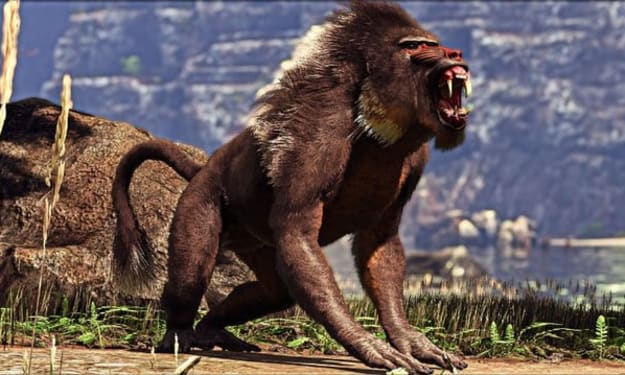Global Warming
Unveiling the Profound Impact of Human Activities

Introduction
Global warming, also referred to as climate change, has emerged as one of the most pressing environmental challenges of our time. It is an undeniable reality, and its detrimental effects are becoming increasingly apparent across the globe. While natural factors have historically influenced the Earth's climate, it is the impact of human activities that has accelerated the pace and magnitude of global warming. In this article, we will explore the profound impact of human involvement in global warming, its consequences, and the urgent need for collective action.
Understanding Global Warming
Global warming is primarily caused by the increased concentration of greenhouse gases, such as carbon dioxide (CO2), methane (CH4), and nitrous oxide (N2O), in the Earth's atmosphere. These gases trap heat from the sun and prevent it from escaping back into space, leading to a rise in global temperatures. While natural processes like volcanic eruptions and the greenhouse effect are part of the Earth's natural climate cycle, human activities are intensifying these processes and significantly contributing to global warming.
Human Activities and Greenhouse Gas Emissions
Human activities are responsible for the majority of greenhouse gas emissions, primarily resulting from the burning of fossil fuels for energy production, industrial processes, transportation, and deforestation. The combustion of fossil fuels releases vast amounts of CO2 into the atmosphere, contributing to approximately 70% of global greenhouse gas emissions. Deforestation, on the other hand, reduces the Earth's capacity to absorb CO2, as trees play a crucial role in carbon sequestration.
Consequences of Global Warming
The consequences of global warming are far-reaching and impact various aspects of our planet. Rising temperatures have led to the melting of polar ice caps and glaciers, causing a rise in sea levels. This threatens coastal communities, ecosystems, and contributes to the loss of critical habitats for numerous species. Moreover, global warming has disrupted weather patterns, resulting in more frequent and intense heatwaves, droughts, floods, hurricanes, and wildfires. These extreme weather events pose significant risks to human lives, agriculture, and infrastructure.
The Impact on Ecosystems and Biodiversity
The impact of global warming extends beyond human communities. Ecosystems around the world are experiencing disruption and alteration, leading to the loss of biodiversity. As temperatures rise, species are forced to migrate to more suitable habitats, disrupting delicate ecological balances. Coral reefs, for example, are highly sensitive to temperature changes, and warmer oceans cause coral bleaching, threatening the survival of these vital marine ecosystems. The loss of biodiversity not only affects the intricate web of life but also compromises essential ecosystem services, such as pollination, water purification, and climate regulation.
The Urgent Need for Collective Action
Addressing global warming requires immediate and collective action at the individual, community, national, and international levels. Governments, businesses, and individuals must take responsibility for reducing greenhouse gas emissions and transitioning to cleaner, renewable energy sources. This involves investing in sustainable technologies, promoting energy efficiency, and adopting environmentally friendly practices. Furthermore, conserving forests and restoring degraded lands are crucial steps in mitigating global warming, as they help absorb CO2 from the atmosphere.
Conclusion
Global warming is undeniably influenced by human activities. The consequences are already visible and affecting various aspects of our planet, from rising sea levels to extreme weather events and the loss of biodiversity. Urgent action is required to curb greenhouse gas emissions, transition to renewable energy sources, and protect and restore ecosystems. By recognizing the impact of human involvement in global warming and working collectively, we can mitigate its effects, safeguard our planet's future, and create a sustainable world for generations to come.
About the Creator
Enjoyed the story? Support the Creator.
Subscribe for free to receive all their stories in your feed. You could also pledge your support or give them a one-off tip, letting them know you appreciate their work.






Comments
There are no comments for this story
Be the first to respond and start the conversation.